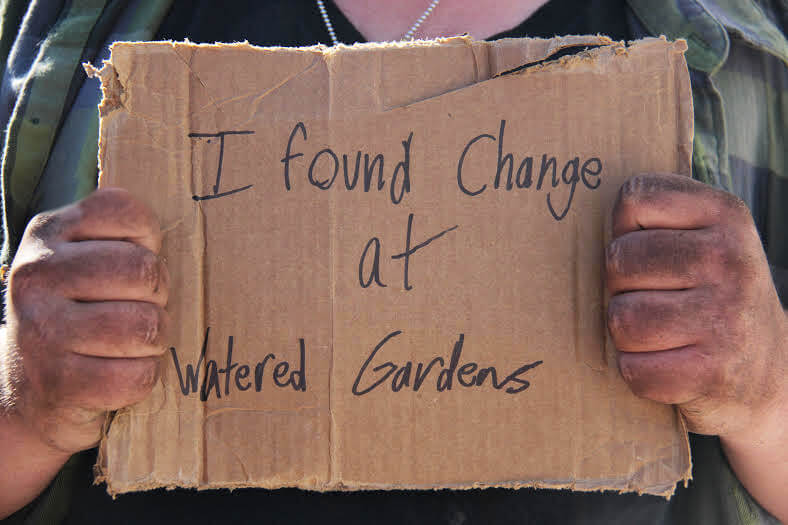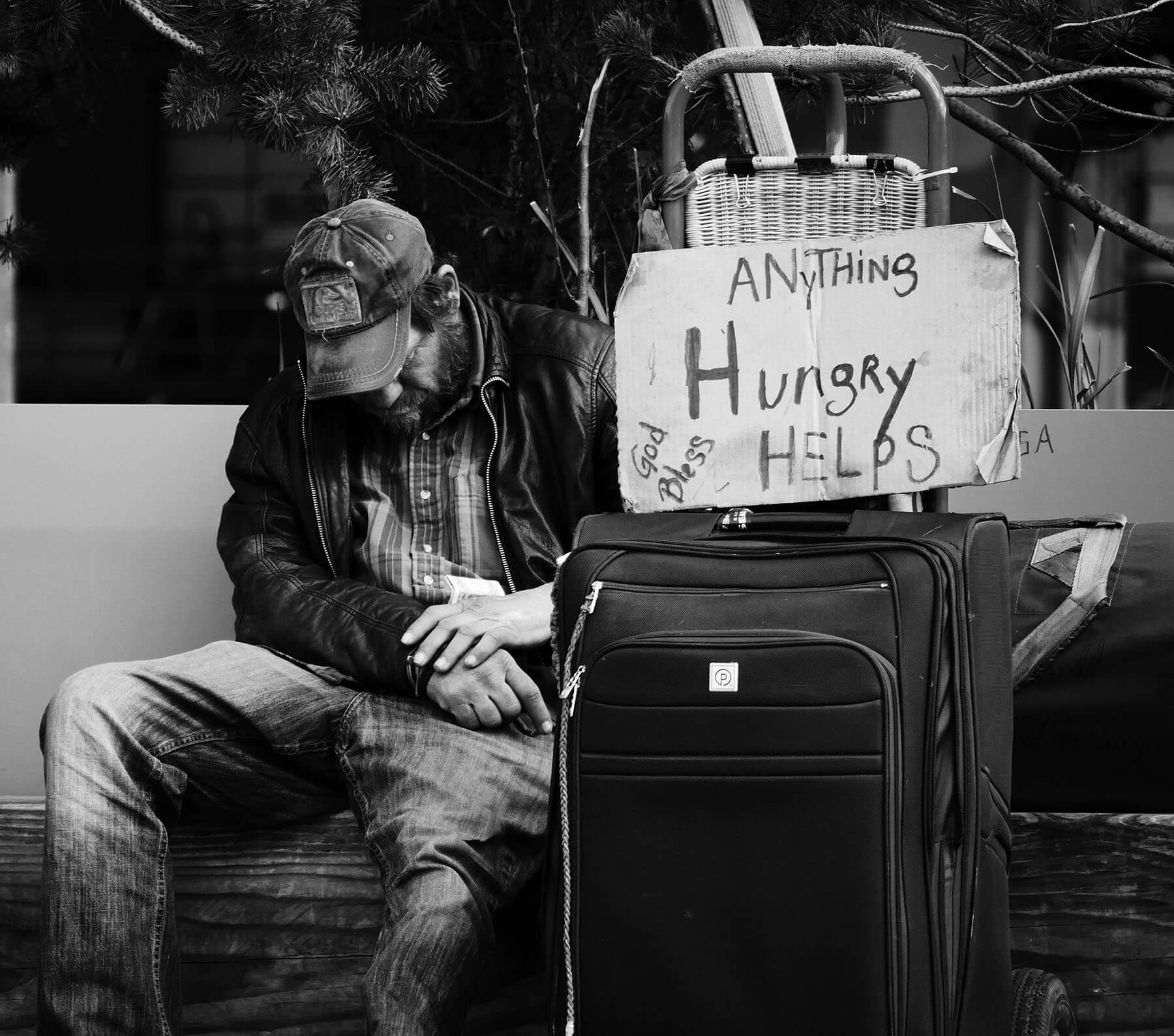Real change for those who panhandle
By Travis Hurley, published in the Joplin Globe on April 15th, 2018
“Anything will help.” That’s what the sign read as someone was panhandling in the parking lot of a popular local grocery store.
“Anything will help.” That’s an effective way of letting people know that no matter how little money they have on them, whatever they give can make a difference. Because, and let’s be real here, the “anything” being asked of you is a couple of bucks from your wallet or some of your loose change.
“Anything will help.” That’s also an effective way of letting people know that if they choose to do nothing, there may be something wrong within their hearts. Who doesn’t want to help, after all? Surely if “anything will help,” a person of compassion will give something. Right?
Right. And that’s why the sign works. It’s why people panhandling stay on the streets. If we weren’t giving of our resources, these folks wouldn’t be frequenting our street corners. But there they are. And in recent sessions, our city council has been discussing how best to address the situation.
To be clear, I don’t have a problem with a person standing on the corner with a sign asking for money. This is a free country, after all. I also don’t have a problem with people of compassion wanting to do something — anything — to help their fellow man. But I do have a problem with the premise.
Will “anything” actually help?
What if the statement on the cardboard sign isn’t true? What if giving money doesn’t actually help at all? Or worse yet, what if giving that loose change actually hurts the person you are trying to help?
In Robert Lupton’s “Toxic Charity,” he identifies a cycle of dependency that proved true over years of inner city development in Atlanta: Give to a person one time and you’ll elicit appreciation. Give a second time and you’ll elicit anticipation. A third time? Expectation. Give a fourth time and you’ll see entitlement set in. By the fifth time you give, a person becomes dependent on you for their basic needs.
Does the creation of dependency sound like help to you? And if people who keep receiving are becoming dependent, aren’t we who keep giving becoming paternal? That doesn’t sound helpful either.
At Watered Gardens, we don’t believe just “anything” will help. We believe there are some very specific “somethings” that actually will. That’s why we focus on building relationships, establishing goals with accountability, and encouraging some kind of exchange. This breaks the cycle of dependency and actually restores people to a place of dignity, responsibility and productivity. That is helpful.
It takes a lot more time, effort and collaboration from our community than a couple of bucks passed through our car windows. But if we really want to help, we should consider giving our money to local missions that are in it for the long haul, then volunteer our time there, too, as we are able. And if we see someone panhandling looking for change, maybe we send them to the mission that offers the real change they need.



